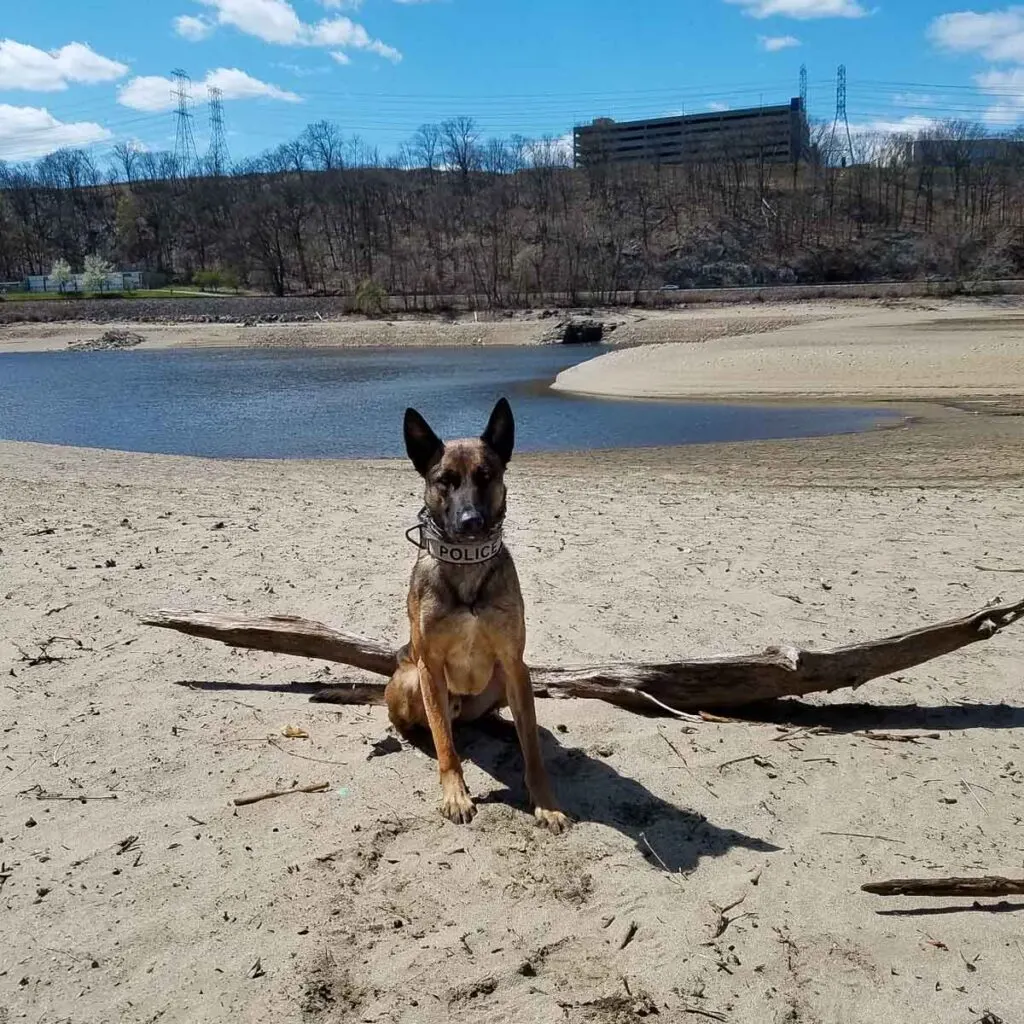Like humans, dogs need adequate nutrition to stay happy and healthy. However, athletes require stricter diets that focus on muscle, bone, and teeth repair.
Service dogs are workers that need extra care and attention to be able to care for humans when they can’t do so themselves.

Image Source: Unsplash
The Need for Specialized Service Dog Nutrition
It’s common for veterinarians to recommend different diets based on your dog’s activity level, size, health, and breed. A bomb sniffing dog breed may have different requirements than the average pet.
Unfortunately, mental exertion is often overlooked by pet owners and doctors, even though service dogs must always pay attention to their owners at all times.
Service dogs go through hard mental and physical labor daily, especially while training. The more nutrients you feed your dog, the more energy they’re able to exert for their human pals.
If you want to get the assistance of a PSD (psychiatric service dog) or any other type of service dog, you also need to plan a healthy diet according to their workload.
Speak to a veterinarian that works with service dogs to estimate your dog’s nutritional, caloric, and dietary needs. They can also help you choose the best leash or harness for your dog among other variables.

How to Feed Your Service Dog During Training
According to the AAFCO, there are six essential nutrients that are required to support life and function in dogs. These include carbohydrates, protein, fat, vitamins, minerals, and water.
Carbohydrates in Dog Food
30-60% of your dog’s diet should include carbohydrates, as it provides energy in the form of glucose. Carbs also form a base for other nutrients and generate heat in the body.
Fiber, also found in carbs, is needed for optimal gut health and should favor soluble ingredients.
Wheat bran, apples, rice bran, and guar gum are good sources of starch if your dog has digestive issues. Corn, wheat, rice, potatoes, oats, and fruits like mango are digestible by most dogs.
Proteins in Dog Food
8-22% of your dog’s diet should contain protein. There are 10 essential amino acids your dog must absorb to stay healthy, and these can be found in animal or plant protein.
Foods like sardines are both an excellent source of protein and healthy fats for dogs.
If you choose to feed your dog raw meat, use caution as it can put them at risk for food-borne illness and infection. Make sure your find a quality trusted source if choosing a raw diet.
A low-protein diet may be recommended to decrease ammonia in your dog’s body. But it’s a good idea to reduce total protein intake to minimize multiple digestion-related illnesses.
Fat in Dog Food
6-25% of your dog’s diet should contain healthy fats. If you’re feeding your dog animal protein exclusively, you’ll exceed this limit and then some. With the right amount of fatty acids, your dog will have a healthy coat, a better immune system and an increased ability to absorb nutrients.
Healthy oils and seeds (like pumpkin seeds) can be great sources of omega-3 fatty acids. So are chicken, pork fat, and fish oils, but don’t go overboard with these sources or it’ll damage their health.
Vitamins in Dog Food
Dogs need fat-soluble and water-soluble vitamins in their food for optimal health. Vitamin A, D, E, and K are fat-soluble, meaning they need bile salt and fat to be absorbed. Vitamin B1, B2, B3, B5, B6, B7, B9, B12, and choline are water-soluble and easily dissolved in the body.
If you have a wet or dry food formula that contains enough carbs, proteins, and fats for your dog’s breed, age, weight, and energy use, you’ll easily meet your dog’s vitamin needs.
Minerals in Dog Food
Just like humans, dogs need a decent amount of macro-minerals and trace minerals in their food.
Calcium, phosphorus, magnesium, potassium, sodium, and chloride are required macro-minerals. Iron, copper, zinc, manganese, selenium, and iodine are necessary trace minerals for dogs.
Once again, a diet that includes enough carbs, protein, and fats should contain the right amount of macrominerals and trace minerals for your dog, but always check the packaging just in case.
Water Requirements for Dogs
The AAFCO considers water the most important “nutrient” for your dog because it performs several essential functions. These functions include temperature regulation, breaking down food, shaping the body, lubricating the joints and protecting the central nervous system.
If your dog primarily eats dry food, they’ll need 1 ounce of water for every pound of weight. If they eat wet food, you can give them 0.75 ounces of water for every pound they weigh. And remember, liquids like bone broth can act as a hydration source for your pup that includes a lot of great additional gut benefits too.
